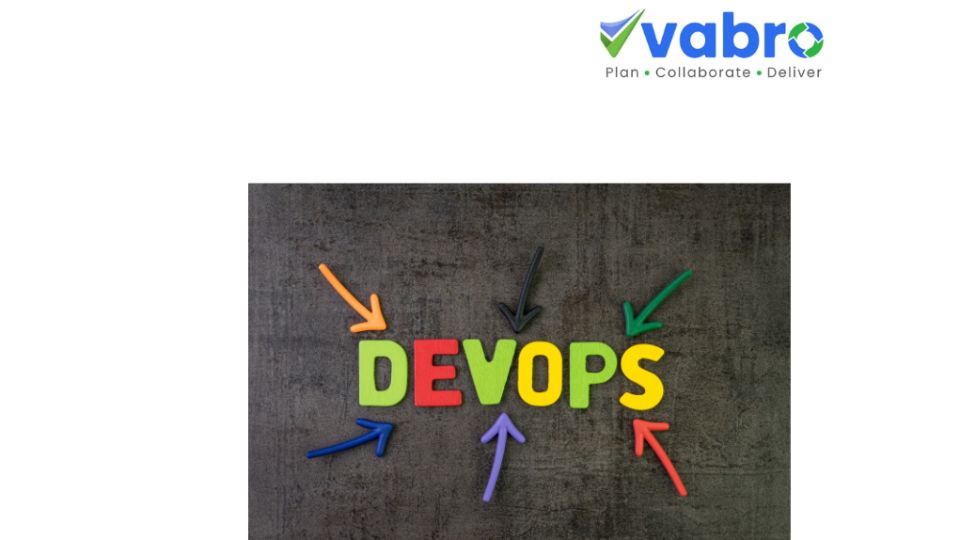How DevOps Enhances Project Management Efficiency
The integration of DevOps practices into project management significantly transforms the way projects are planned, executed, and delivered. By fostering collaboration, automation, and continuous feedback, DevOps enables organizations to achieve higher efficiency, better resource utilization, and enhanced project outcomes.
Key Ways DevOps Enhances Project Management
- Improved Collaboration and Communication
DevOps bridges the gap between development and operations teams, promoting a culture of shared responsibility. Tools like Jira, Vabro, and Slack streamline communication, ensuring that all stakeholders remain aligned on project goals and updates. - Automation for Repetitive Tasks
Automated testing, integration, and deployment pipelines reduce manual interventions, freeing project managers to focus on strategic planning. Tools like Jenkins and GitLab help automate workflows, accelerating delivery timelines. - Continuous Integration and Continuous Deployment (CI/CD)
CI/CD ensures that changes are regularly integrated and deployed, minimizing risks and providing quicker feedback. Project managers benefit from frequent, smaller releases, making it easier to track progress and adjust strategies as needed. - Real-Time Monitoring and Feedback
DevOps enables real-time monitoring using tools like Splunk and New Relic, providing instant insights into system performance and bottlenecks. These insights empower managers to make data-driven decisions and mitigate risks proactively. - Flexibility and Scalability
DevOps practices ensure that projects can adapt to changing requirements or scale as needed without significant disruptions. Agile methodologies often complement DevOps, creating an environment where iterative progress is prioritized. - Enhanced Resource Utilization
Automated resource provisioning and infrastructure management help optimize costs and reduce waste. Tools like Kubernetes and AWS facilitate efficient resource allocation, ensuring projects remain within budget.
Benefits of DevOps for Project Management
- Faster Delivery Times: Automation and streamlined workflows accelerate project milestones and delivery schedules.
- Higher Quality Outputs: Continuous testing and integration minimize errors, ensuring robust deliverables.
- Improved Stakeholder Satisfaction: Regular updates and faster turnaround times keep stakeholders informed and satisfied.
- Reduced Risks: Early detection of issues through continuous monitoring and feedback loops decreases the likelihood of major setbacks.
Implementing DevOps in Project Management
- Adopt Agile Principles: Integrate Agile practices to complement DevOps workflows and enhance flexibility.
- Leverage the Right Tools: Use DevOps platforms like Vabro, Azure DevOps, and Docker to manage pipelines and monitor progress.
- Foster a Collaborative Culture: Promote teamwork and transparency across all levels of the organization.
- Prioritize Training: Equip teams with the necessary skills to effectively utilize DevOps tools and methodologies.
Conclusion
DevOps revolutionizes project management by aligning technical and business goals through enhanced collaboration, automation, and real-time feedback. By adopting DevOps, organizations can achieve superior project outcomes, delivering faster, better-quality results while maintaining agility and scalability. This integration not only boosts efficiency but also establishes a foundation for continuous improvement, driving long-term success.
